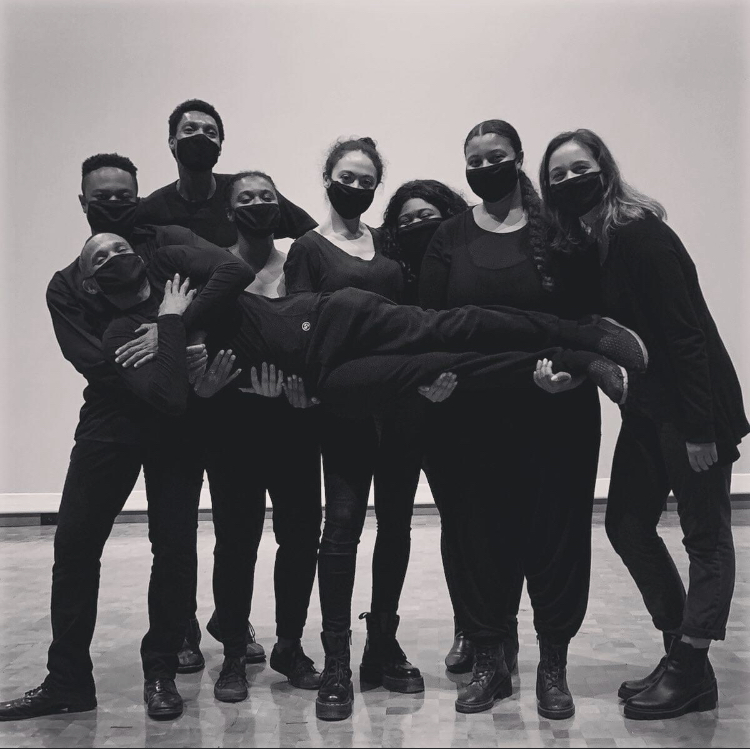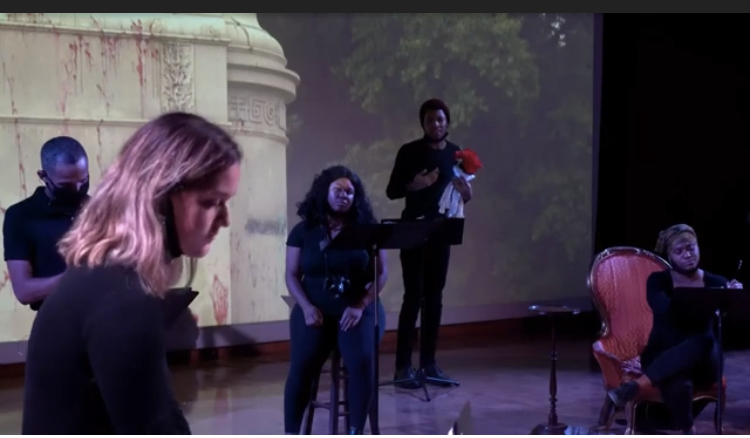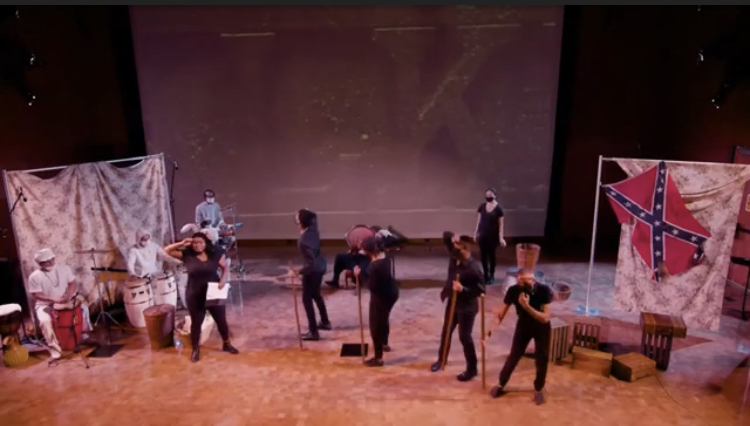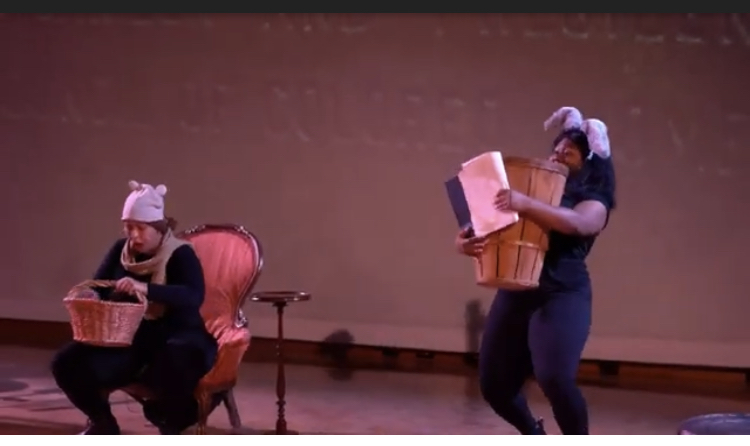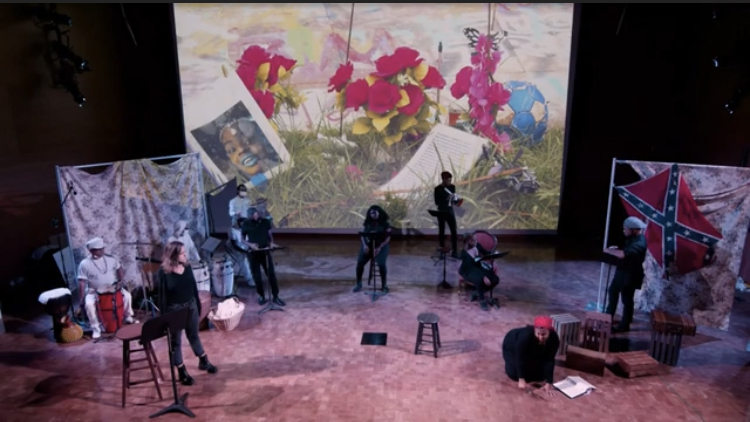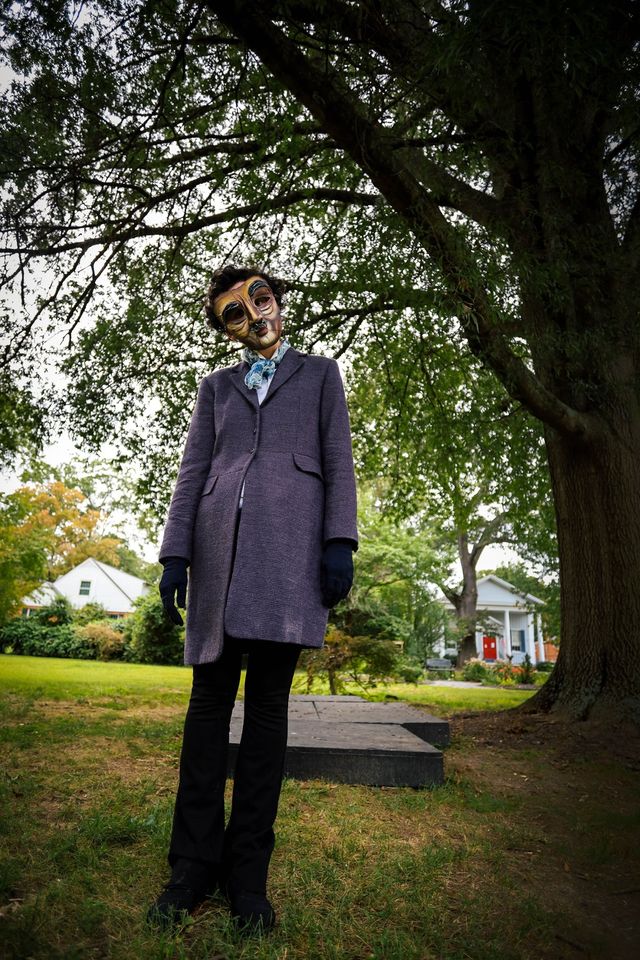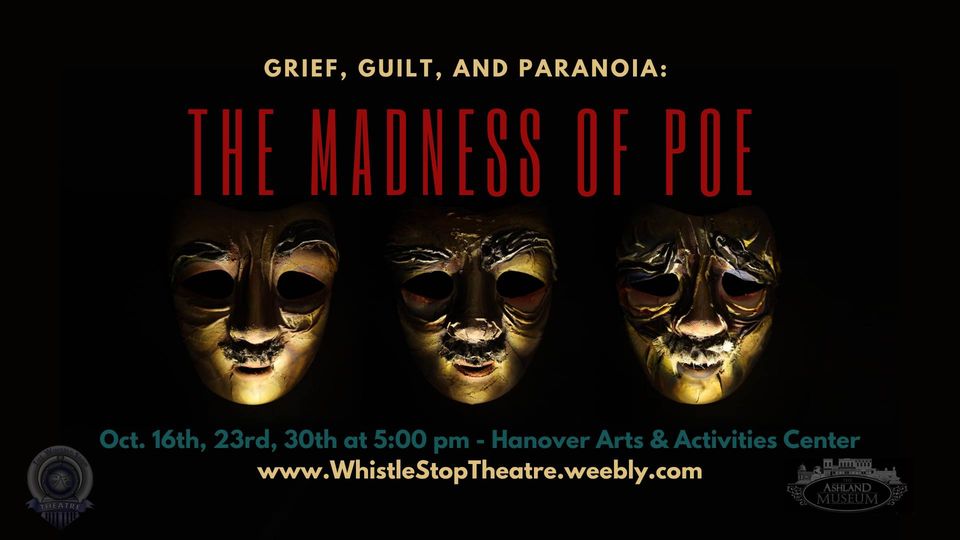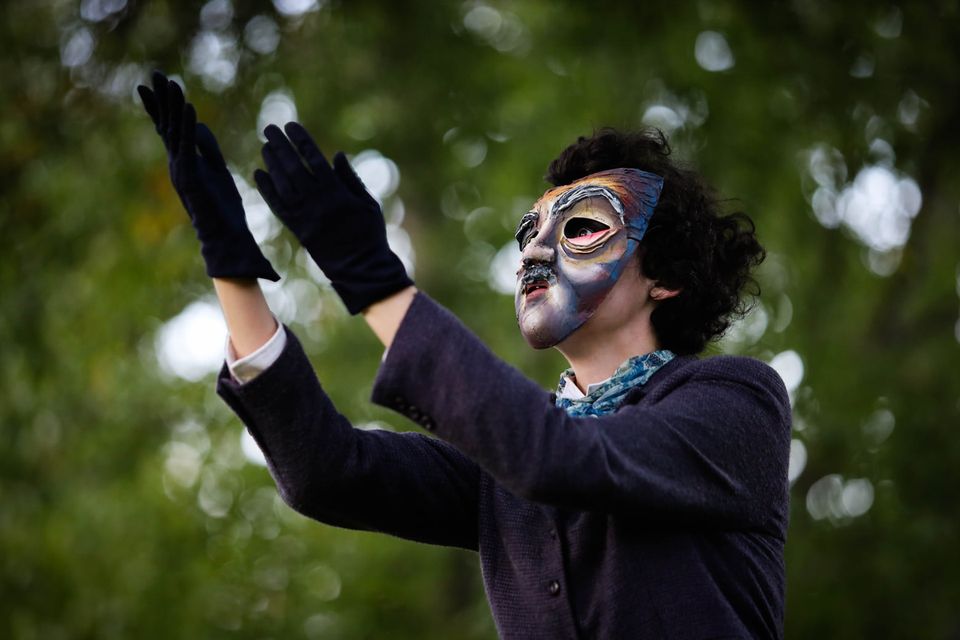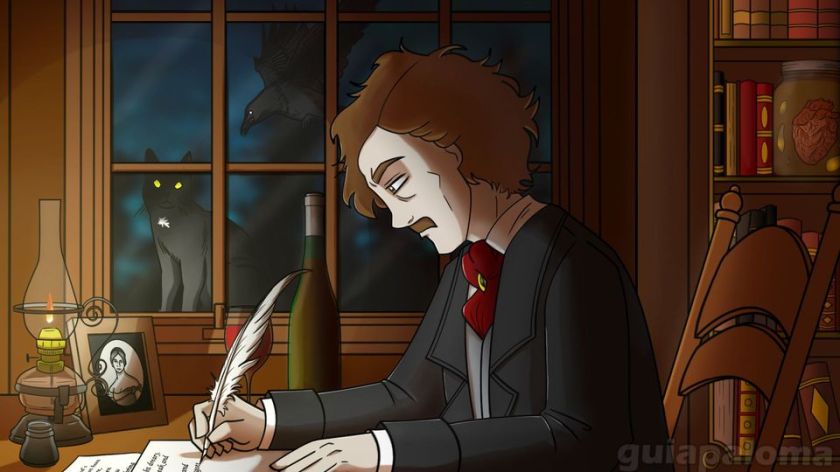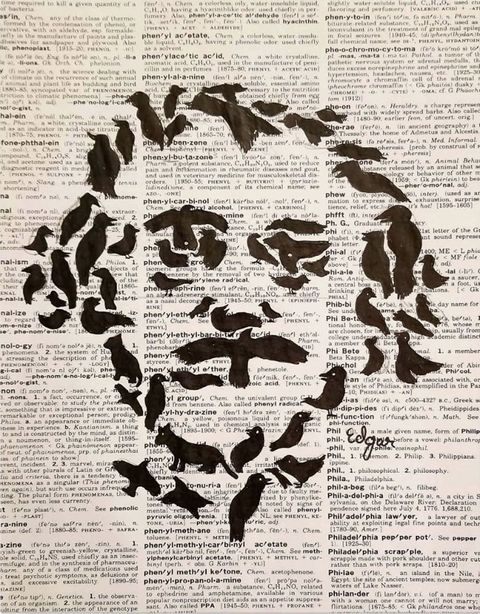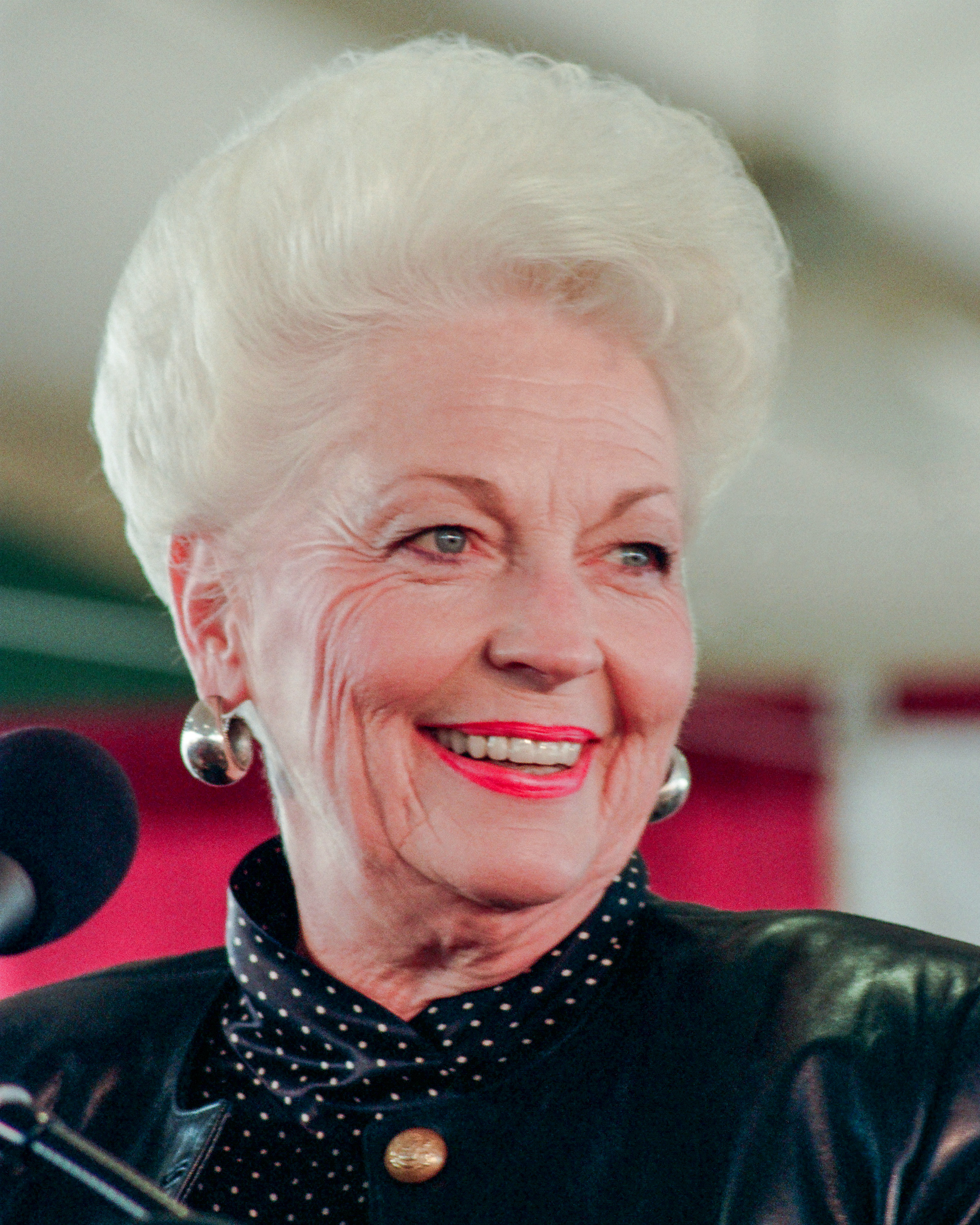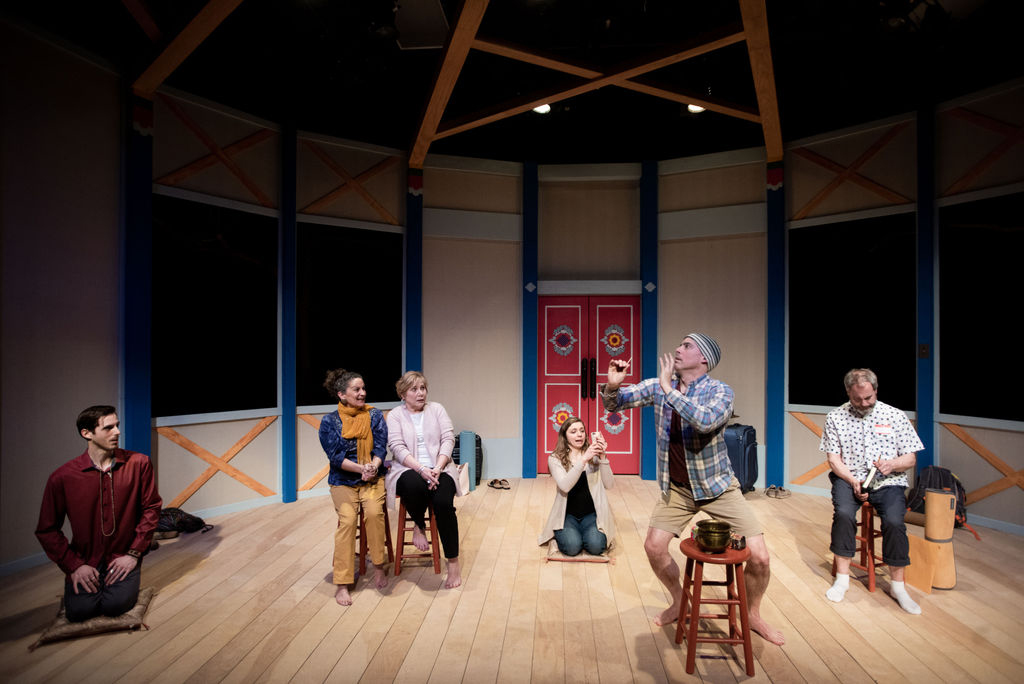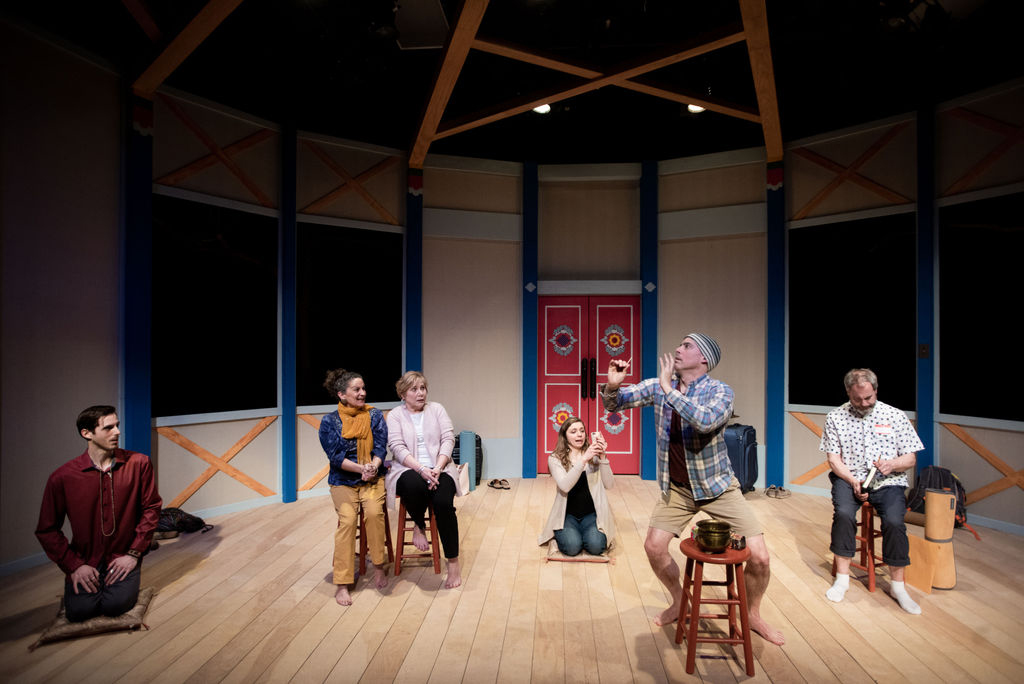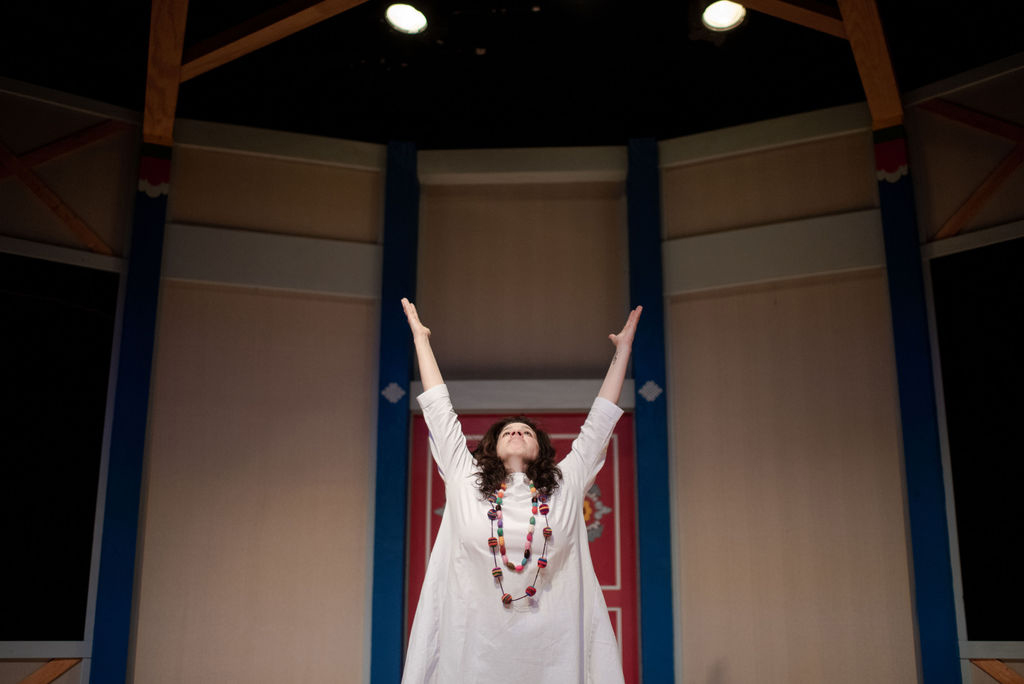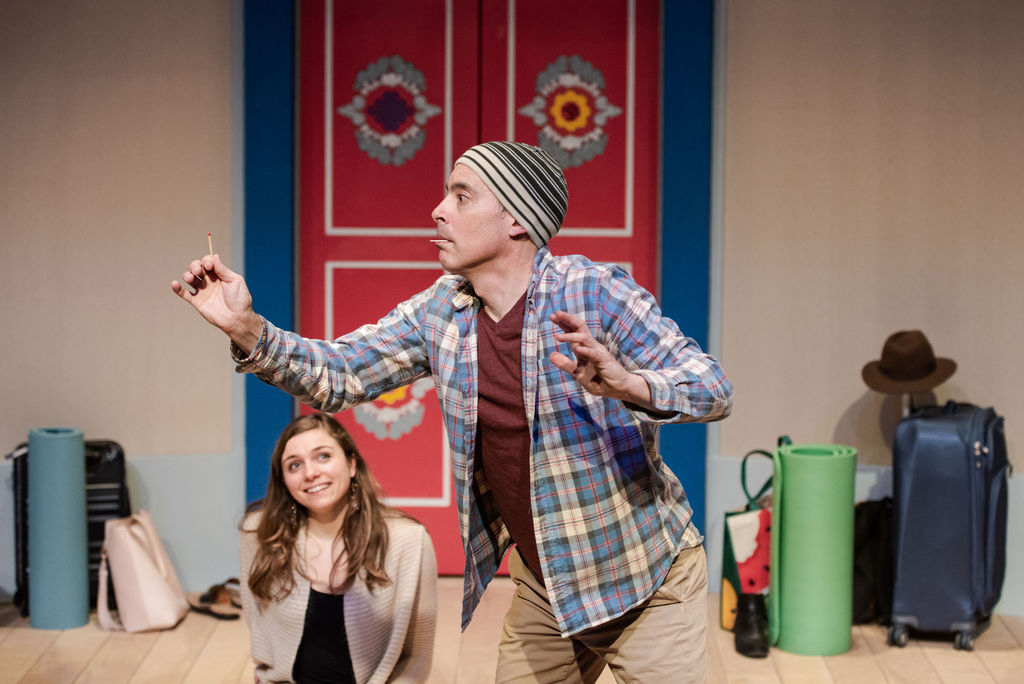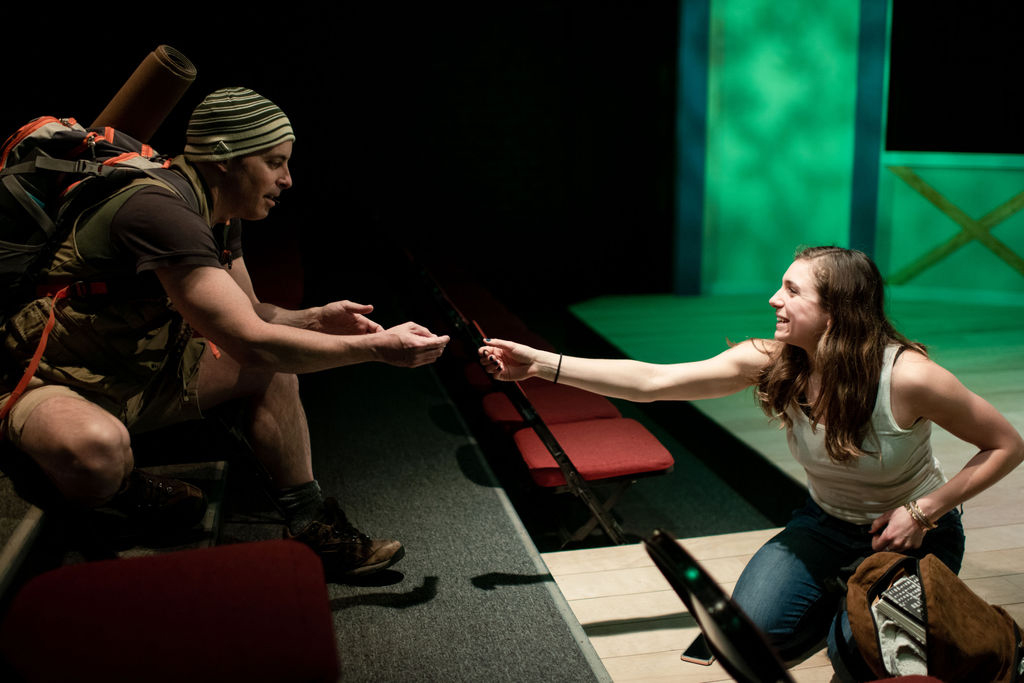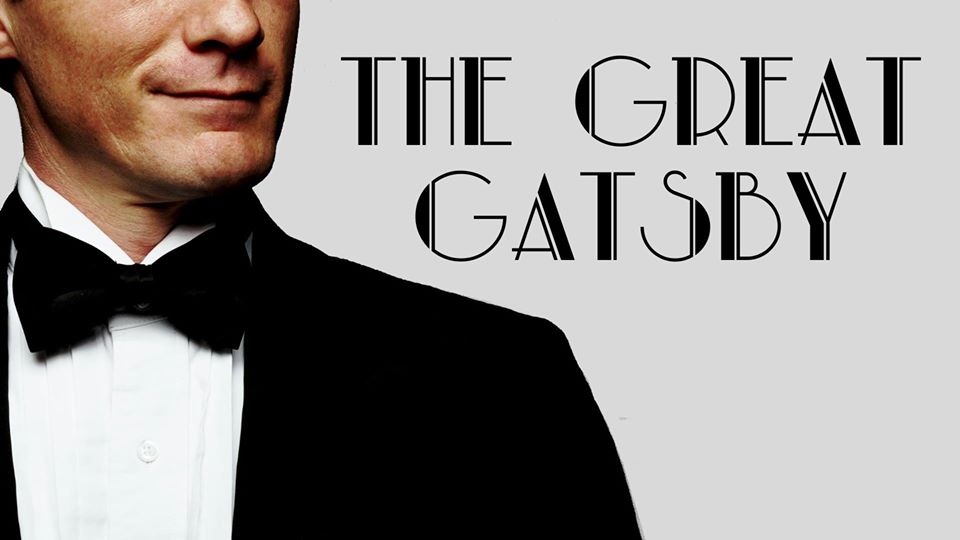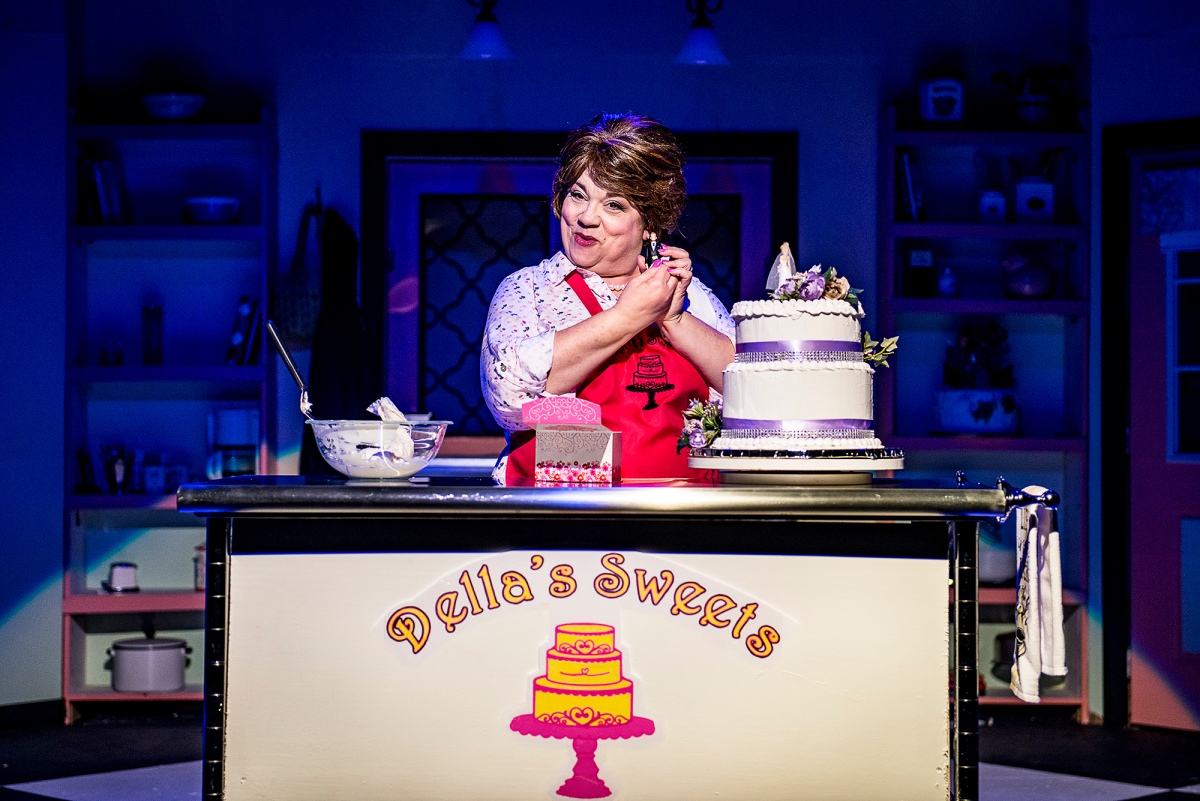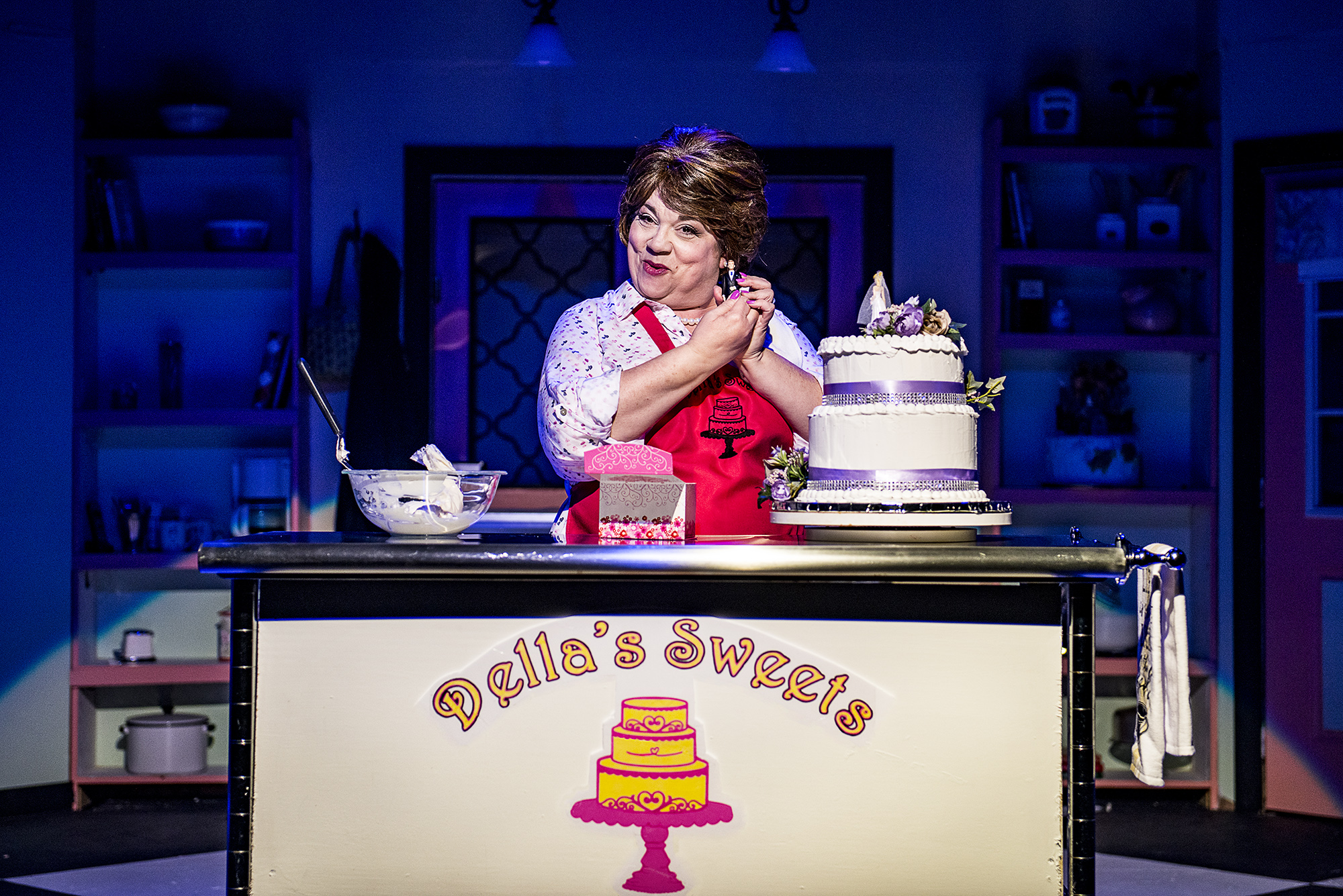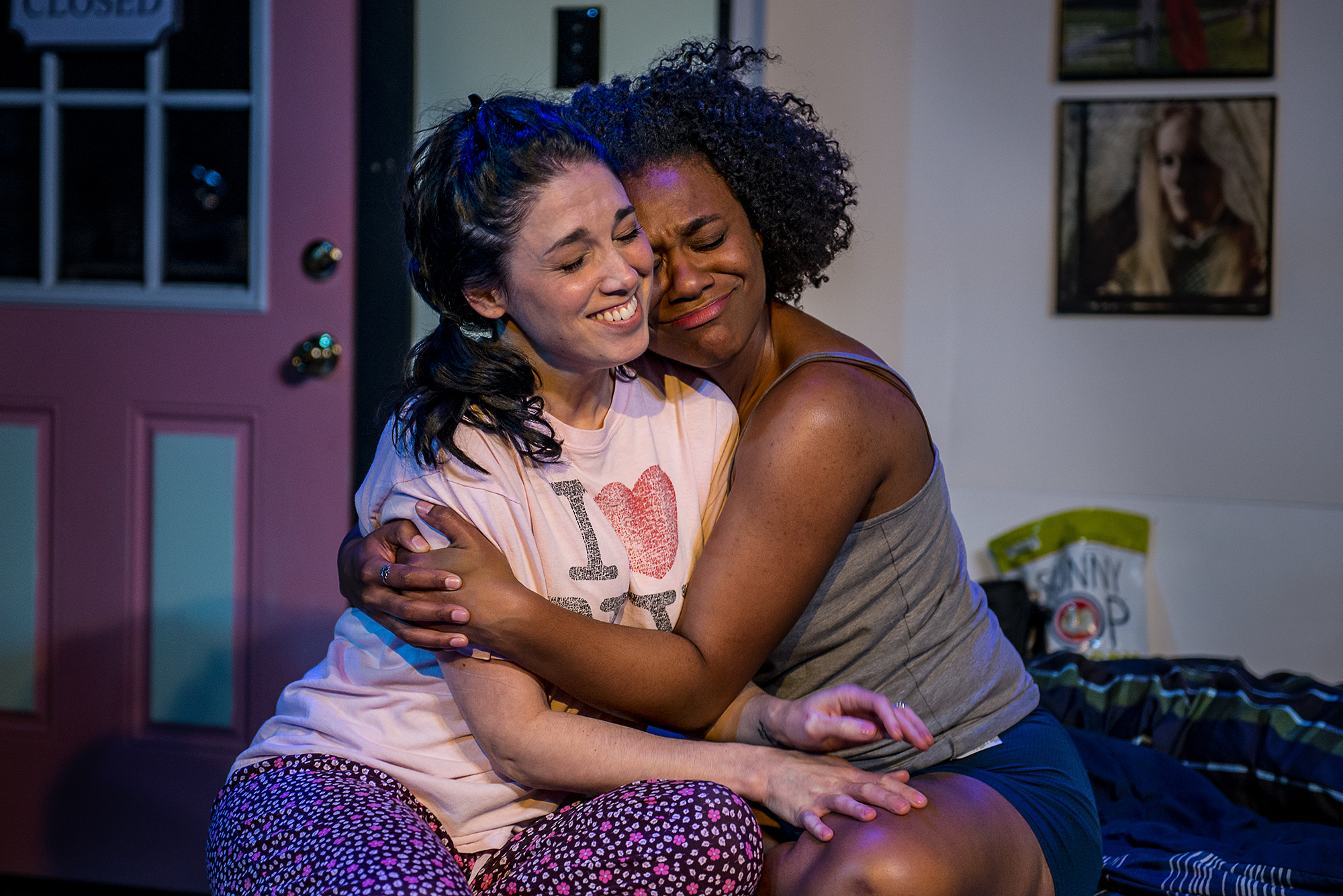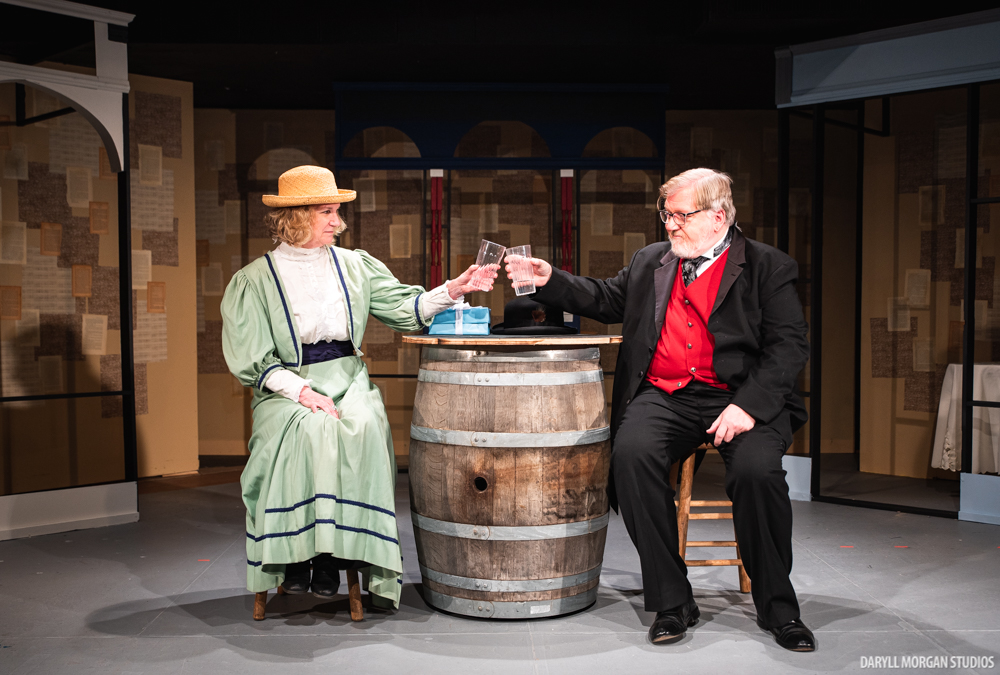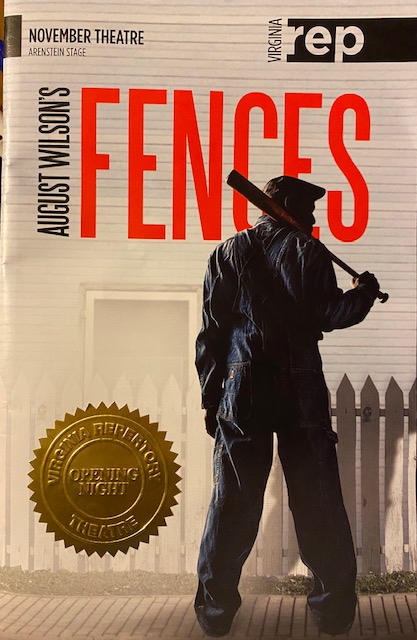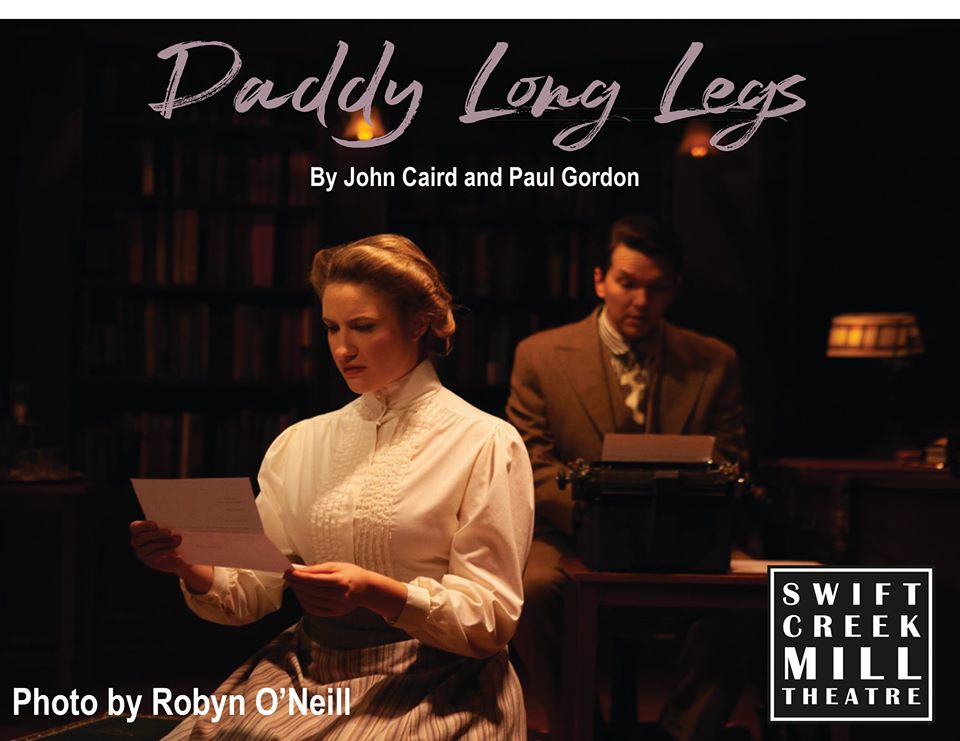Stories in the Soil by The Conciliation Project
Observations on a Research-based Performance by Julinda D. Lewis
At: Pre-recorded at the VCU’s ICA (Institute for Contemporary Art) and on location in Richmond; live-streamed on YouTube
Performance: Sunday, November 15, 2020 at 3:00 PM; available for a limited time thereafter (see link below)
Ticket Prices: free
Info: https://youtu.be/yrbIGTA0WYg
There is no getting around the fact that 2020 has been a most unusual year. It has brought unprecedented challenges to our arts. Yet, as history confirms, art always prevails. Theater and dance has found new ways to exist and mined new ways to create.
The Conciliation Project is a Richmond-based social justice theater company under the direction of Dr. Tawyna Pettiford-Wates (Professor of Graduate Pedagogy in Acting and Directing at Virginia Commonwealth University) and Dr. Ram Bhagat (educator, peace-builder, community healer, and co-founder of Drums No Guns). With heavyweights like these at the helm, it should come as no surprise that The Conciliation Project offers research-based programming that reveals, examines, and demands a response to racial stereotypes and racial injustice.
The script for “The COMMON wealth & The COMMON debt” was developed from conversations with Richmonders, with a focus on the history-defining events of 2020: the COVID-19 pandemic and the racial (in-)justice protests that resounded around the world in the weeks and months following the murder of George Floyd.
“The COMMON wealth & The COMMON debt” is not a play in the traditional sense. It is reminiscent of Ntzoke Shange’s self-described “choreo-poems” or the eye-opening work I saw as a teen-ager at what was then the mecca of Brooklyn’s Black culture, The East. (For a description of The East, look at https://en.wikipedia.org/wiki/The_East_(Brooklyn) and http://www.corenyc.org/omeka/items/show/320). In other words, this is work that exists to educate and enlighten as well as to entertain.
Conciliation: The process of winning over from a state of hostility or to gain the goodwill of. The building of bridges to connect two points that are distant, and/or disconnected from one another.
Among the topics presented by the voices in “The Common wealth & The Common debt” are the definition of the word “commonwealth,” diverse perspectives on the history of the Commonwealth of Virginia (the middle passage, slave markets, Jim Crow and other racial injustices), the value of Richmond monuments, the Civil War, racism, power, segregation, urban farming, and more. In one moving scene, Keaton Hillman has a conversation with an ancestor, Callie, a woman sold into slavery and later freed. “Help break the cage for someone else,” she says before returning to the ancestral plain. The next scene shows a group of protesters marching in cadence to “no justice, no peace.”
Against the backdrop of a chain link fence and passing traffic, masked performers sing, “We Wear the Mask.” Contemporary voices blend with traditional fables, history, and storytelling in a non-linear way that the modern western mind might struggle to comprehend. Experiencing “The COMMON wealth & The COMMON debt” is a bit like being inside the production while watching it; similar to the way one might dream and awaken to wonder where the dream state ends and reality begins.
“I think we could definitely do a better job at creating monuments that glorify actual heroes instead of being used as an intimidation tactic, which is what they were originally put there for.”
The creative team organized a solid ensemble consisting of Calie Bain, Juliana Caycedo, Keaton O’Neal Hillman, Zakiyyah Jackson, Dylan Jones, Jamar Jones, Todd Patterson, and Mariea Terrell. The acting ensemble is supported by Drummers lead by Ram Bhagat and dancer Alfumega Enock. In a live post-performance discussion, we learned that the stories and interviews were collected by the Graduate Applied Theatre Class at VCU as well as members of the Ensemble, with support from the ICA. “The COMMON wealth & The COMMON debt” should be accessible for the remainder of the week of November 15. Catch it, if you can.

